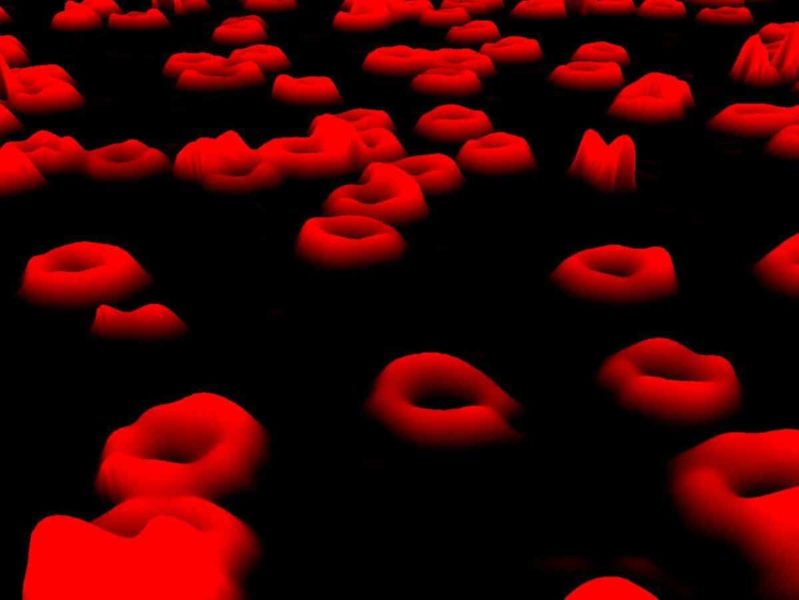Two new studies funded by Cancer Research UK have shed light on a promising avenue in the pursuit of early cancer detection and prevention: blood proteins. Scientists at Oxford Population Health have discovered a constellation of proteins in the blood that could serve as early warning signs of cancer, potentially alerting individuals to the presence of the disease more than seven years before a formal diagnosis.
The implications of this discovery are profound, as early detection remains one of the most potent weapons in the fight against cancer. By identifying these tell-tale proteins, researchers hope to develop new screening methods that could catch cancer in its earliest stages, when treatment is most effective and the chances of survival are highest.
Unraveling the Protein Puzzle
The scientists, employing a cutting-edge technique called proteomics, analyzed blood samples from over 44,000 individuals, including nearly 5,000 who would later receive a cancer diagnosis. By comparing the protein profiles of those who did and did not develop cancer, the team identified 618 proteins linked to 19 different types of cancer. Remarkably, 107 of these proteins were found in blood samples collected at least seven years before the cancer was diagnosed.
Dr. Keren Papier, Senior Nutritional Epidemiologist at Oxford Population Health and joint first author of the first study, emphasizes the importance of understanding the earliest stages of cancer development. “To save more lives from cancer, we need to better understand what happens at the earliest stages of the disease. Data from thousands of people with cancer has revealed really exciting insights into how the proteins in our blood can affect our risk of cancer. Now we need to study these proteins in depth to see which ones could be reliably used for prevention,” she explains.
Genetic Influences on Cancer Risk
In a complementary study, the researchers delved into the genetic data of over 300,000 cancer cases, seeking to uncover the blood proteins involved in cancer development that could potentially be targeted by new treatments. They identified 40 proteins that influenced an individual’s risk of developing nine different types of cancer. However, the scientists caution that altering these proteins may have unintended side effects, highlighting the need for further research to fully understand their role in cancer development.
Dr. Karl Smith-Byrne, Senior Molecular Epidemiologist at Oxford Population Health and a key contributor to both studies, notes, “We’ve predicted how the body might respond to drugs that target specific proteins, including many potential side-effects. Before any clinical trials take place, we have some early indications of which proteins we might avoid targeting because of unintended side-effects. This research brings us closer to being able to prevent cancer with targeted drugs – once thought impossible but now much more attainable.”
As these studies pave the way for a new era of cancer prevention and early detection, the researchers emphasize the critical role of data from thousands of individuals who generously contributed blood samples to the UK Biobank. Their contributions have enabled scientists to build a more comprehensive understanding of how genes and proteins influence cancer development over many years.
While further research is needed to determine the most reliable proteins to test for, develop clinical tests to detect them, and identify drugs that could target these proteins, these studies represent a significant step forward in the fight against cancer. As Dr. Iain Foulkes, Executive Director of Research and Innovation at Cancer Research UK, aptly states, “Discoveries from this research are the crucial first step towards offering preventative therapies which is the ultimate route for giving people longer, better lives, free from the fear of cancer.”
The first paper will be available from https://www.nature.com/articles/s41467-024-48017-6 . The second paper is available from https://www.nature.com/articles/s41467-024-46834-3.
Keyword phrase: blood proteins early cancer detection


